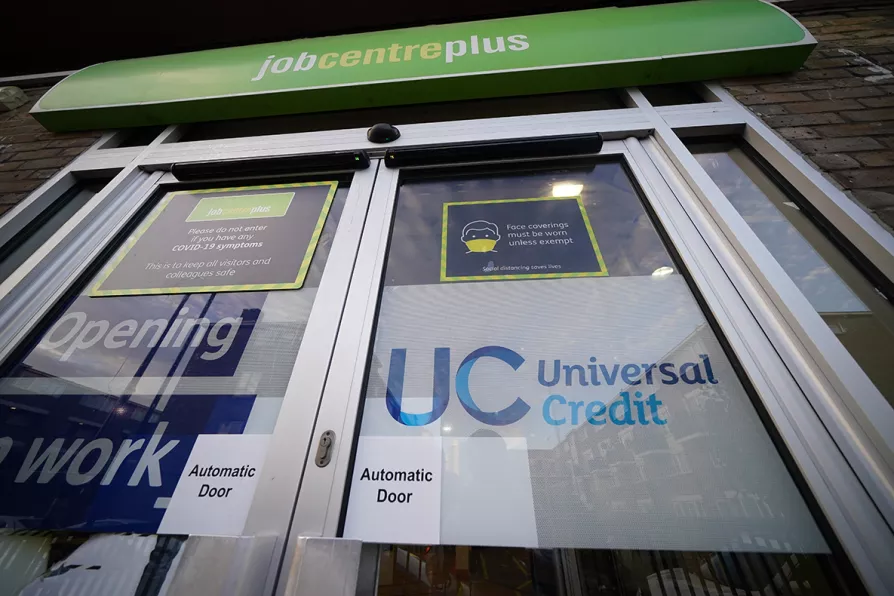
 A Universal Credit sign on a door of a job centre plus in east London
A Universal Credit sign on a door of a job centre plus in east London
PEOPLE could be forced into jobs they cannot do by “grim” Tory proposals to make jobseekers take jobs in any sector or face financial sanctions, campaigners warned today.
Under the government’s “way to work” campaign, launched today, benefit claimants will be given just four weeks — down from three months — to find a job within their preferred industry.
After that, if they fail to make “reasonable efforts” to secure work or turn down any offer, they will have part of their universal credit payments withdrawn.

Labour will find increases in the state pension age are unacceptable, just as cuts to the Winter Fuel Allowance, personal independence payments and universal credit are — it needs to change direction immediately, writes PCS general secretary FRAN HEATHCOTE













